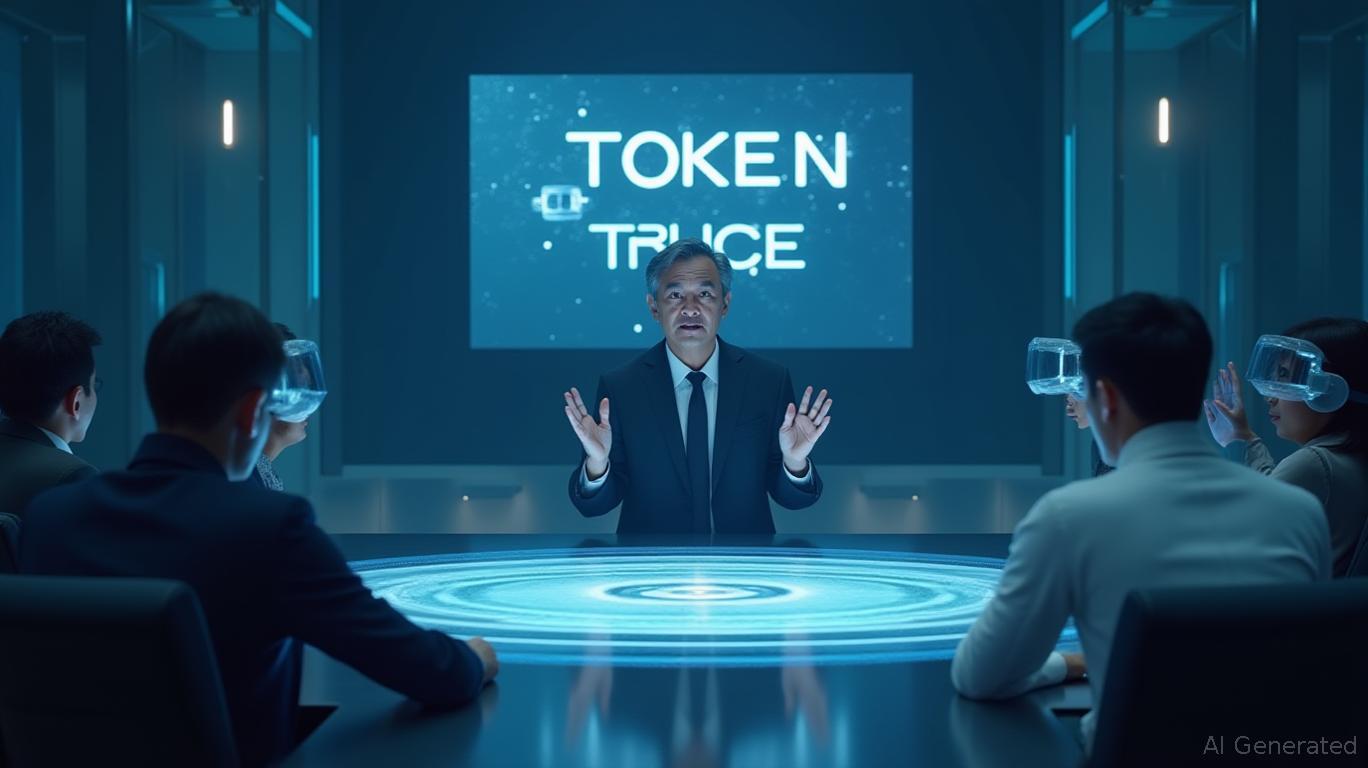The prolonged conflict between Fetch.ai and Ocean Protocol regarding 286 million
FET
tokens—worth about $120 million—appears to be moving toward a resolution. Both sides have recently indicated a willingness to reach a settlement during community discussions, as reported by an
Ambcrypto report
. Fetch.ai has suggested returning the tokens to avoid litigation, while Ocean Protocol has stated it would cooperate if a formal proposal is presented. This could help ease concerns about excess token supply and bring more stability to FET’s price.
The dispute originated after the Artificial Superintelligence (ASI) alliance broke down in October 2024. The main issue centers on claims that Ocean Protocol swapped 661 million OCEAN tokens for FET and sent some of these to centralized exchanges such as Binance and GSR Markets, according to a
Lookonchain post
. Humayun Sheikh, CEO of Fetch.ai, accused Ocean Protocol of damaging the alliance’s trust, while Bruce Pon, Ocean Protocol’s founder, denied any wrongdoing and attributed the FET price drop to general market instability and liquidity problems, as detailed in a
Coinotag article
. Blockchain data from platforms like
Bubblemaps
confirmed the token swaps, intensifying suspicions of possible market manipulation. Further details on these on-chain transactions were covered in a
Coinotag piece
.
Since the ASI merger, FET’s value has plunged more than 93%, now trading near $0.26. Technical analysis shows the token is heavily oversold, with a Relative Strength Index (RSI) of 27, as reported by
Cointelegraph
. The sharp decline has been worsened by concerns over potential sell-offs, with the disputed 286 million FET tokens representing a major supply risk. Experts believe resolving the conflict could help restore investor trust, though questions remain about how the returned tokens would be managed, including possible lockup periods and treasury oversight.
Recent events have shifted the dynamic from confrontation to cooperation. During a public X Space session, Sheikh announced that Fetch.ai would withdraw all legal actions if Ocean Protocol returned the tokens, as reported in
a Coinotag report
, with further coverage noting that Fetch.ai even offered to pay legal fees to speed up the process, according to
another Coinotag article
. Ocean Protocol, through mediator GeoStaking, expressed willingness to comply but stressed the importance of a formal written agreement, as summarized in a
CoinEdition piece
. This conditional progress has led to cautious optimism, with FET rising over 3% after the announcement, though traders remain wary until more details are confirmed.
The final resolution depends on agreeing to terms that guarantee openness and prevent future conflicts. Analysts suggest that a structured return of tokens with vesting requirements could reduce selling pressure and help rebuild confidence in the AI-crypto sector. The outcome could also set a precedent for decentralized projects, highlighting the importance of strong governance in token partnerships.
If completed, the agreement could be a pivotal moment for both organizations. Fetch.ai hopes to shift its focus back to AI development, while Ocean Protocol aims to regain trust after its contentious departure from the ASI alliance. However, any delays or lack of clarity in the settlement could extend market uncertainty, with FET’s recovery hinging on ongoing transparency and strict adherence to the agreed terms.
